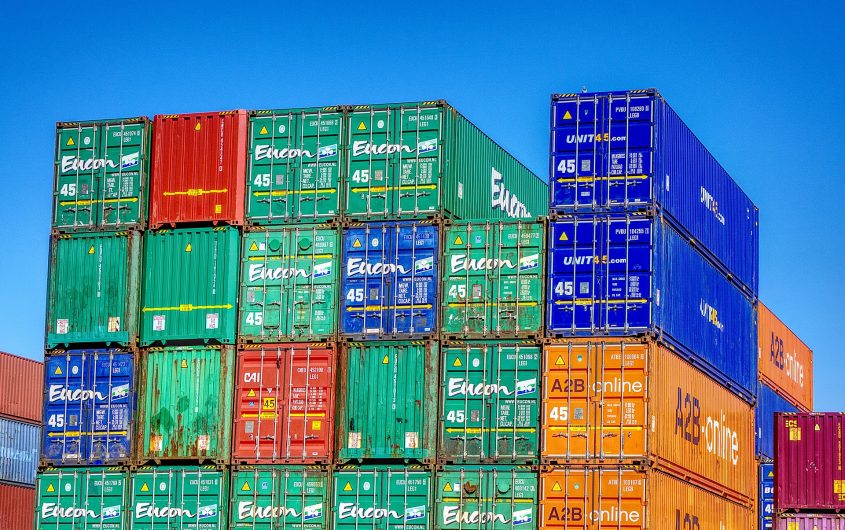AGI News
President Trump’s trade war, launched without a strategy to win it, is backfiring


Joseph Grieco
Duke University
Dr. Joseph Grieco is Professor of Political Science at Duke University, where he concentrates on theories of international relations, issues of international political economy, and problems of international conflict.

Tim Büthe
Technical University of Munich
Prof. Dr. Tim Büthe's research examines the politics of international economic relations. His work primarily focuses on (1) the role of "technical" standards in the governance of international product and financial markets, in medicine and health policy, and for consumer safety; and (2) the causes and consequences of the rapid global diffusion of competition law and policy. Other research interests include political risk analysis, focusing on foreign direct investment, and the potential and limits of private development aid. Overall, his research seeks to advance the theoretical understanding of power, stability and change in political institutions, guided by the expectation that this can ultimately yield practical insights for both public policy and the private sector, e.g. to resolve transnational conflicts and foster international cooperation.
Büthe studied primarily at Harvard University (BA 1995) and Columbia University, New York (Ph.D. 2002). Prior to joining the teaching staff at TUM in 2016 he was Associate Professor of Political Science and Public Policy (tenured) at Duke University (USA), having previously taught at Stanford University and Columbia University. He has held postdoctoral research appointments at Harvard University and the University of California, Berkeley.
President Donald Trump has told us that “trade wars are good, and easy to win.” He seems to have thought that just threatening to impose tariffs would bring other countries to their knees, since those countries need access to the vast U.S. market.
But Trump’s global trade war isn’t going as planned. The threat and then the imposition of tariffs on goods that the United States imports — from China, Canada, Mexico and the countries of the European Union — have not induced those countries to capitulate to U.S. demands. Instead, those countries have imposed retaliatory countertariffs on hundreds of goods that U.S. farmers and manufacturers sell abroad, from apples, soybeans and pork to whiskey, electric cars and car parts.
Read the full article at The Cleveland Plain Dealer.
This article was originally published by The Cleveland Plain Dealer on July 15, 2018.








